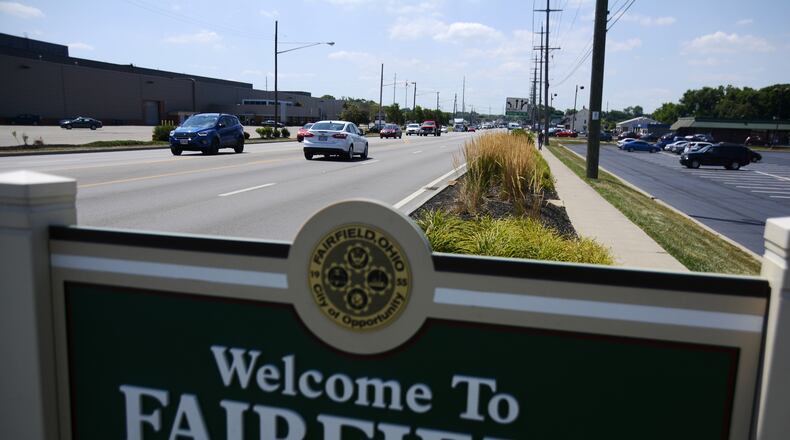Through the end of May, the city has conducted 1,750 inspections, and 570 of those resulted in a violation case being opened. So far, 460 of those cases have been closed, but 19 have resulted in court action. Only five of those court actions have been resolved, according to the city.
Property maintenance issues run the gamut, but included are damaged fencelines and overgrown yards, junk in the front or back yards, and parking in yards. Development Services Director Greg Kathman said these violations “do not help property values, they do not enhance the community in any way.”
Scharringhausen said he’s appreciative of what the Development Services Department has done so far, but thinks it can be more “robust,” specifically seeing a lot more from the city’s part-time zoning inspector. The councilman said the work being produced out of that part-time position ― which works 10 to 12 hours a week for six to seven months― appears to be “weak.”
“I know it’s seasonal, but I think you can get a little more aggressive with using that part-time employee,” said Scharringhausen, saying he’d expect a part-time employee would work closer to the 1,000 hours a year definition of a part-time employee.
“Based upon the feedback I get from residents ... folks are less than happy with this whole issue,” said Scharringhausen. “It’s not going to be solved overnight, it’s not going to be solved in a year, but part of it is becoming more robust in what you’re doing.”
To Scharringhausen’s point, Kathman said there are challenges in getting more out of the seasonal part-time zoning inspector position.
“Most of the people that we might hire already have another job, so there’s a limit on the number of hours they want to pick up because it’s a second job and it’s only seasonal,” said Kathman. “What I would not want to do is bring someone on with increased hours and have a lot of turnover.”
The city’s code-enforcement staff consists of one supervisor, two full-time zoning inspectors and one part-time zoning inspector. The three full-time workers manage all the cases within the city, and is assisted by the part-time inspector, as well as the building and zoning superintendent, the fire department’s fire inspector, and the recently hired Neighborhood Development manager.
The city has two residential inspection programs: the rental inspection program and Neighborhood Enhancement Action Team (NEAT) program.
The rental inspection program inspects Fairfield’s 70 multi-family complexes that have more than 7,700 housing units. Through May, the city has inspected 738 housing units in 54 structures at two multi-family complexes. They plan to inspect close to another 1,900 units at 107 structures in seven complexes, Kathman said.
There are about 12,000 single-family homes in Fairfield, but only 10,000 are considered to be in “walkable” neighborhoods, said Kathman. Those 10,000 homes are inspected by way of a targeted walking inspection. About 2,500 homes are inspected in a year, and all 10,000 homes are visually inspected in a four-year cycle. From 2009 to 2020, the department completed three cycles but will take 2021 off to re-evaluate the program, Kathman said.
“I think there’s a way we can have a little better targeted approach,” he said. “Rather than throwing a blanket over the entire city, like we’ve done before, I think we can make some adjustments and tweaks to the program.”
The revamped program will restart in 2022, he said.
About the Author

